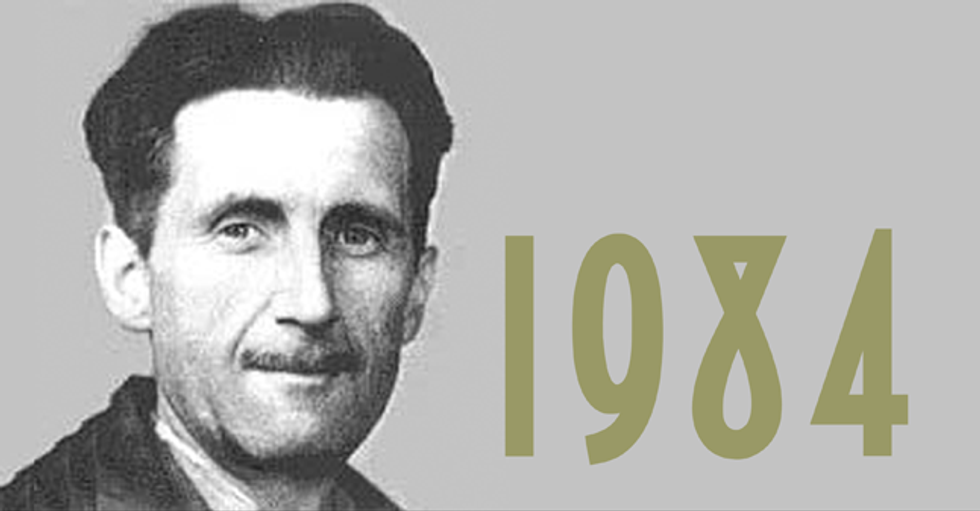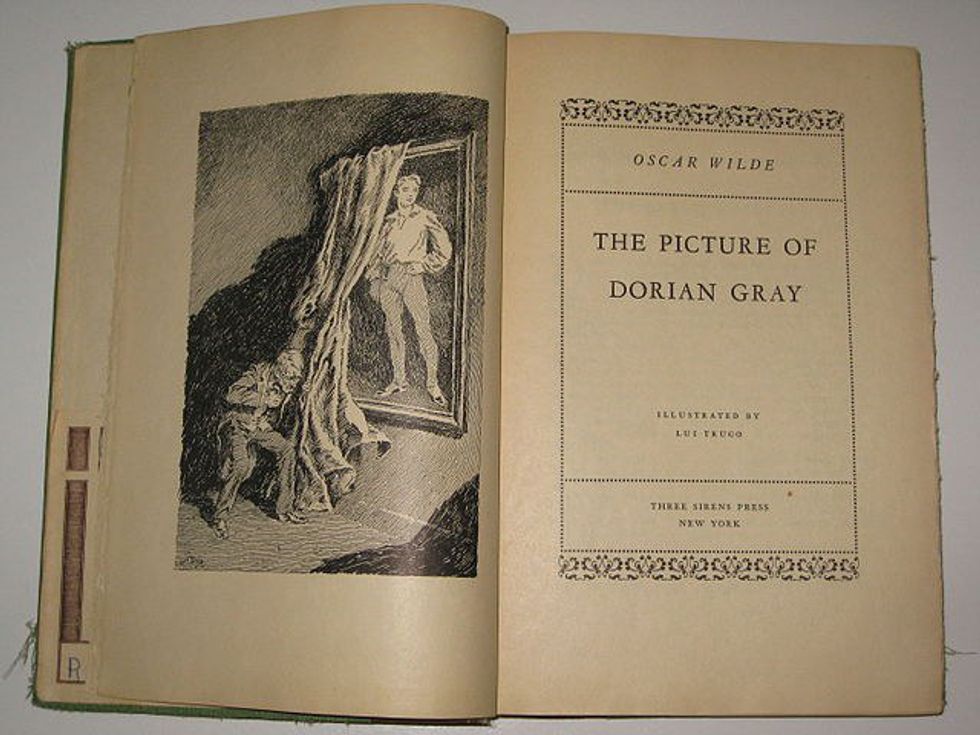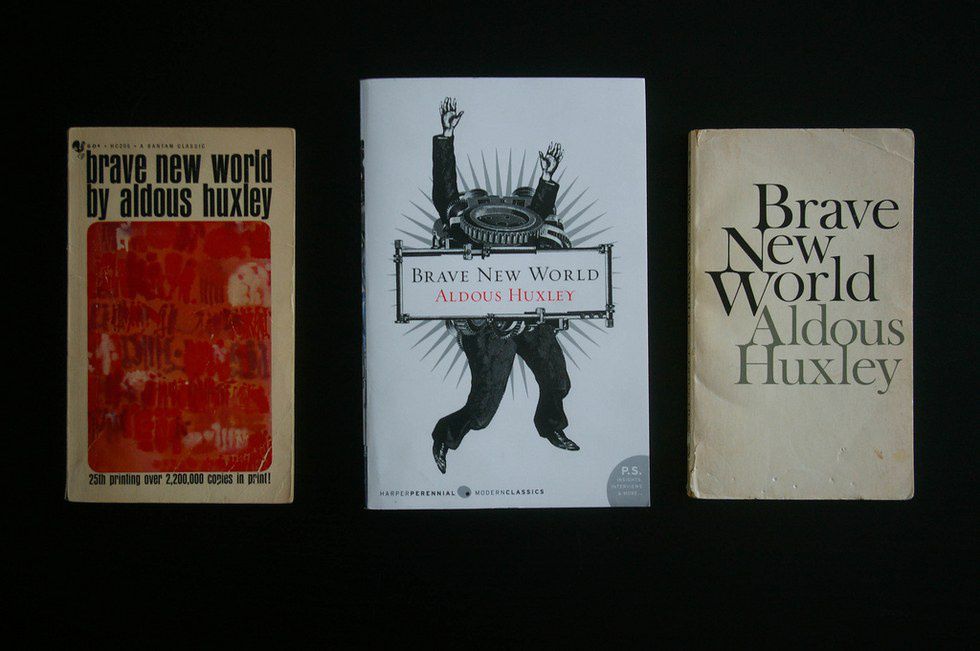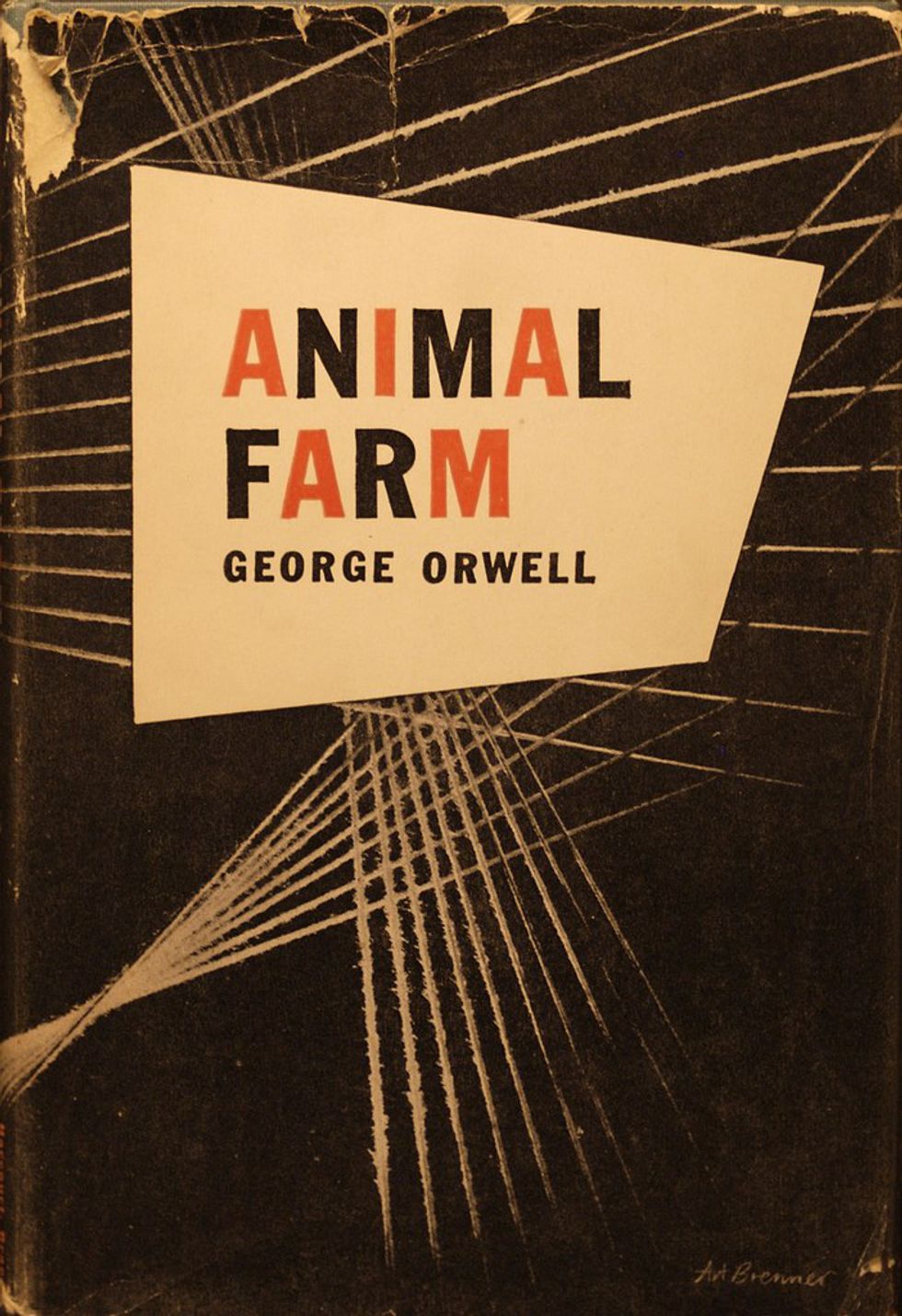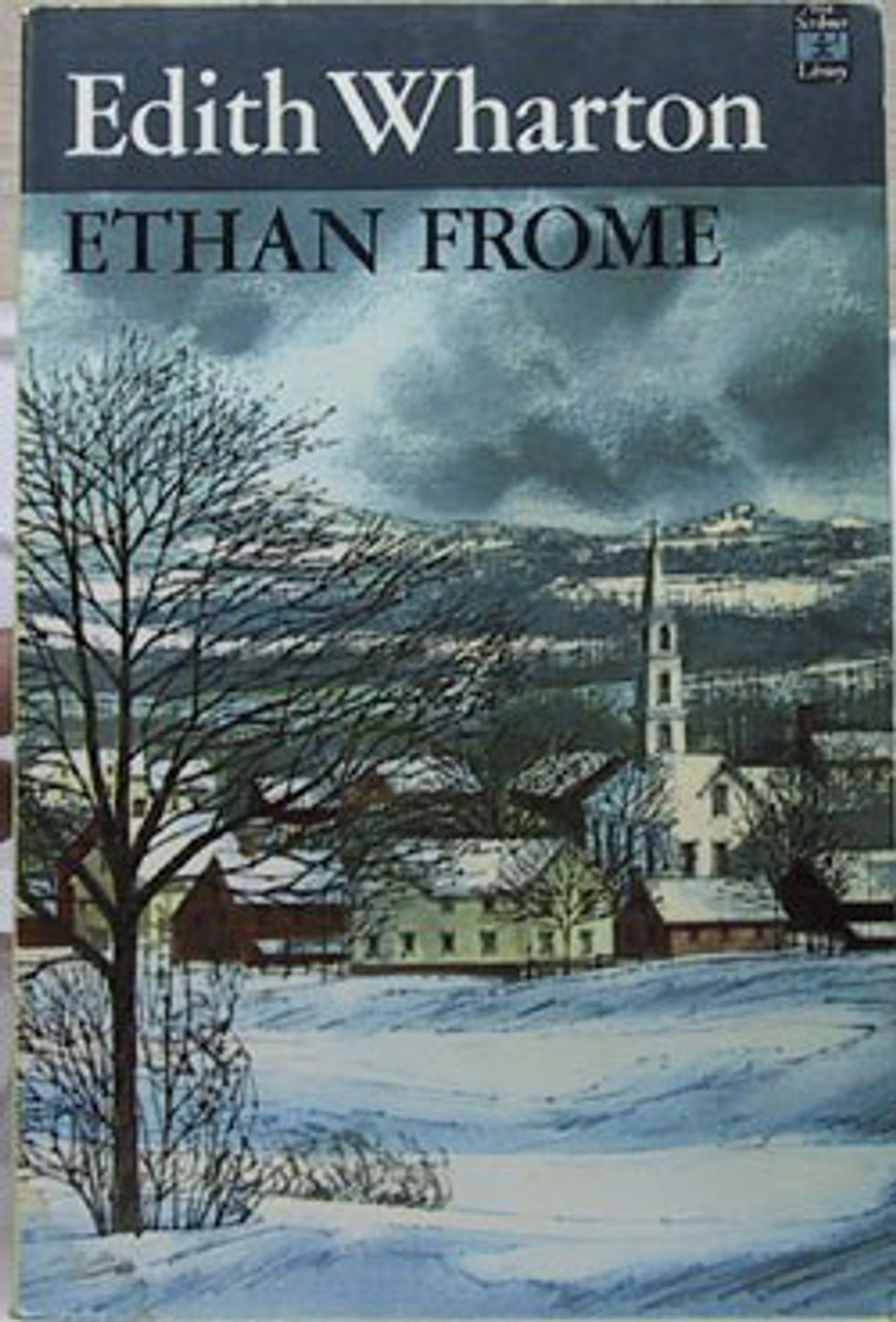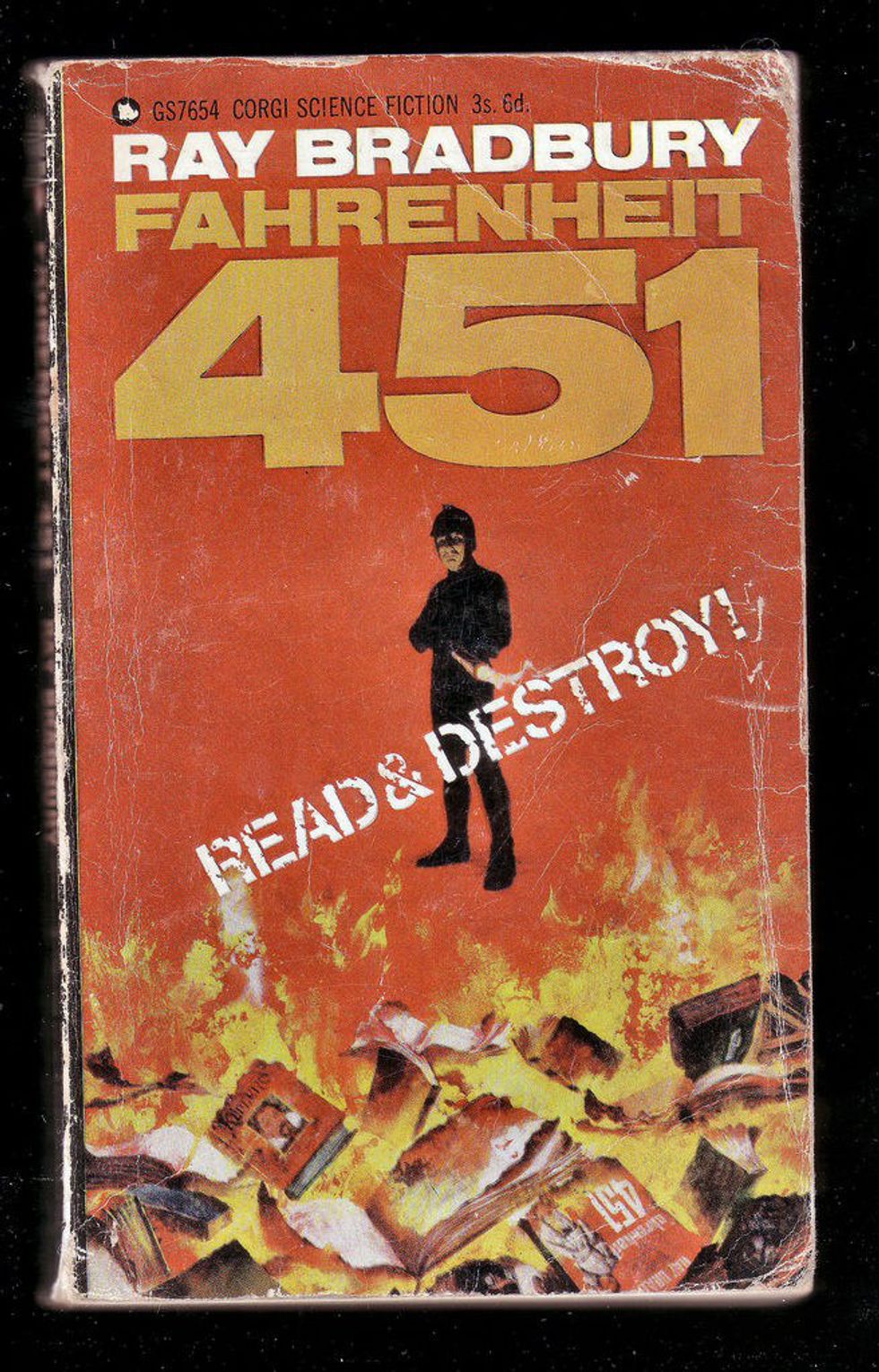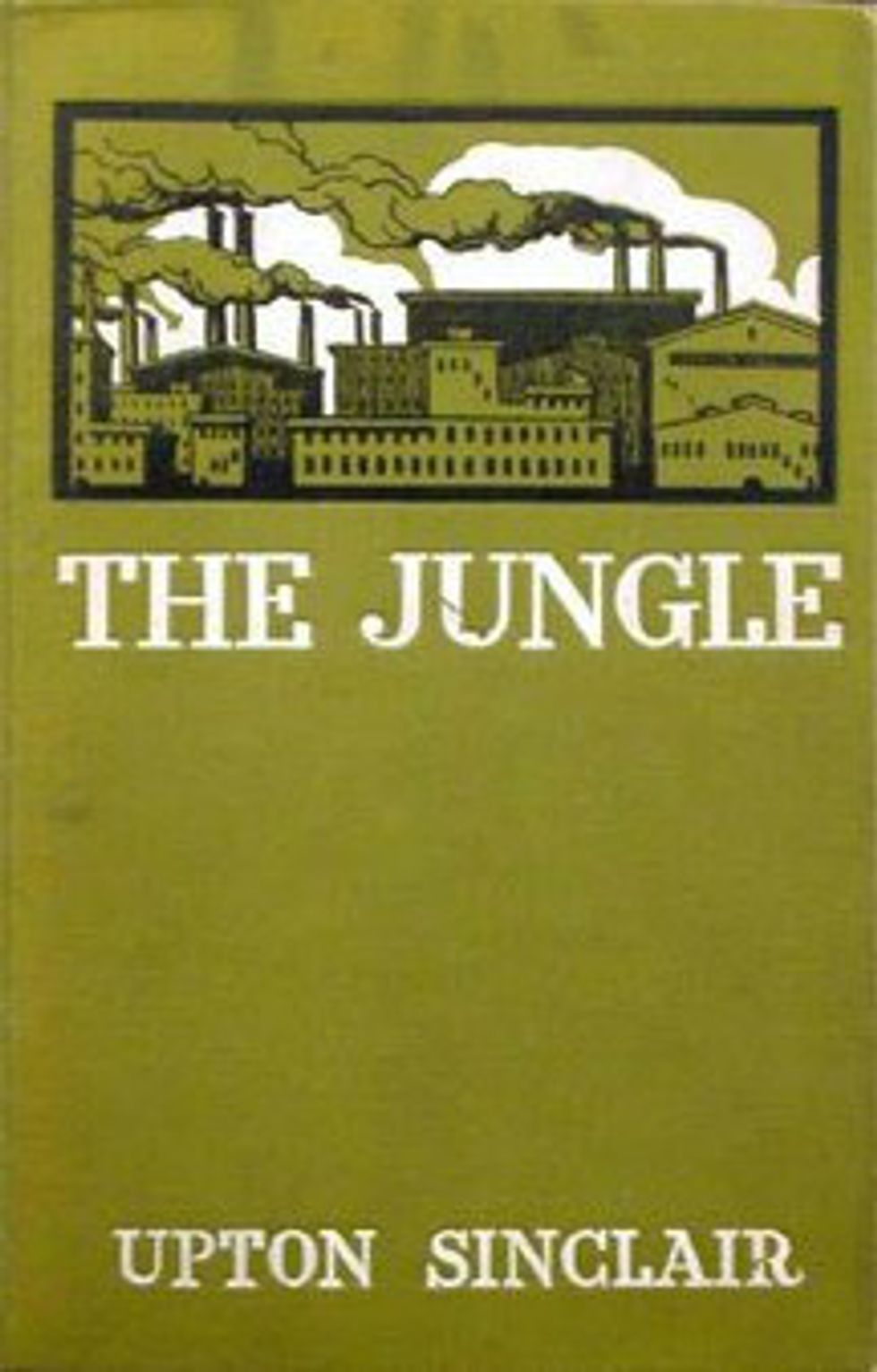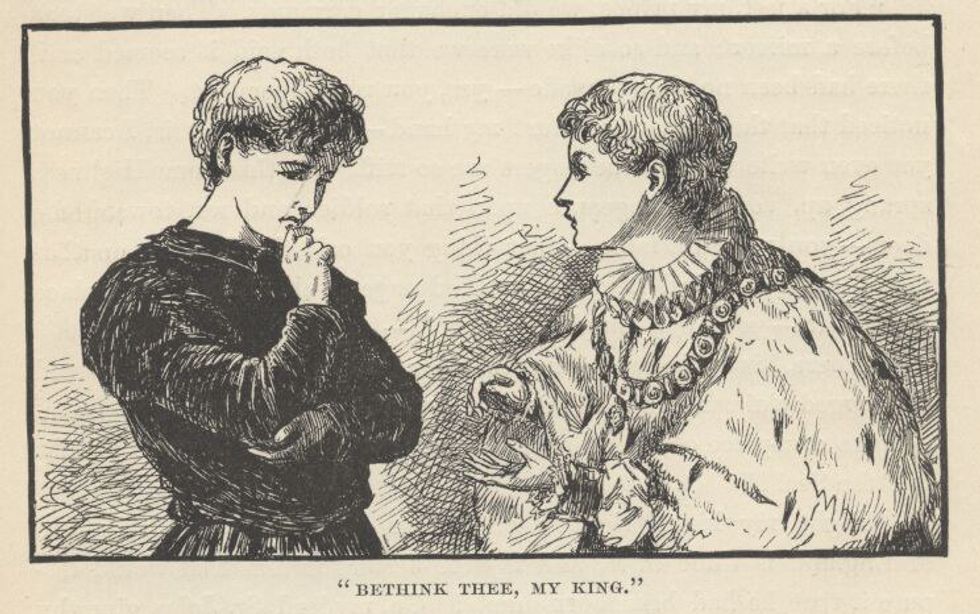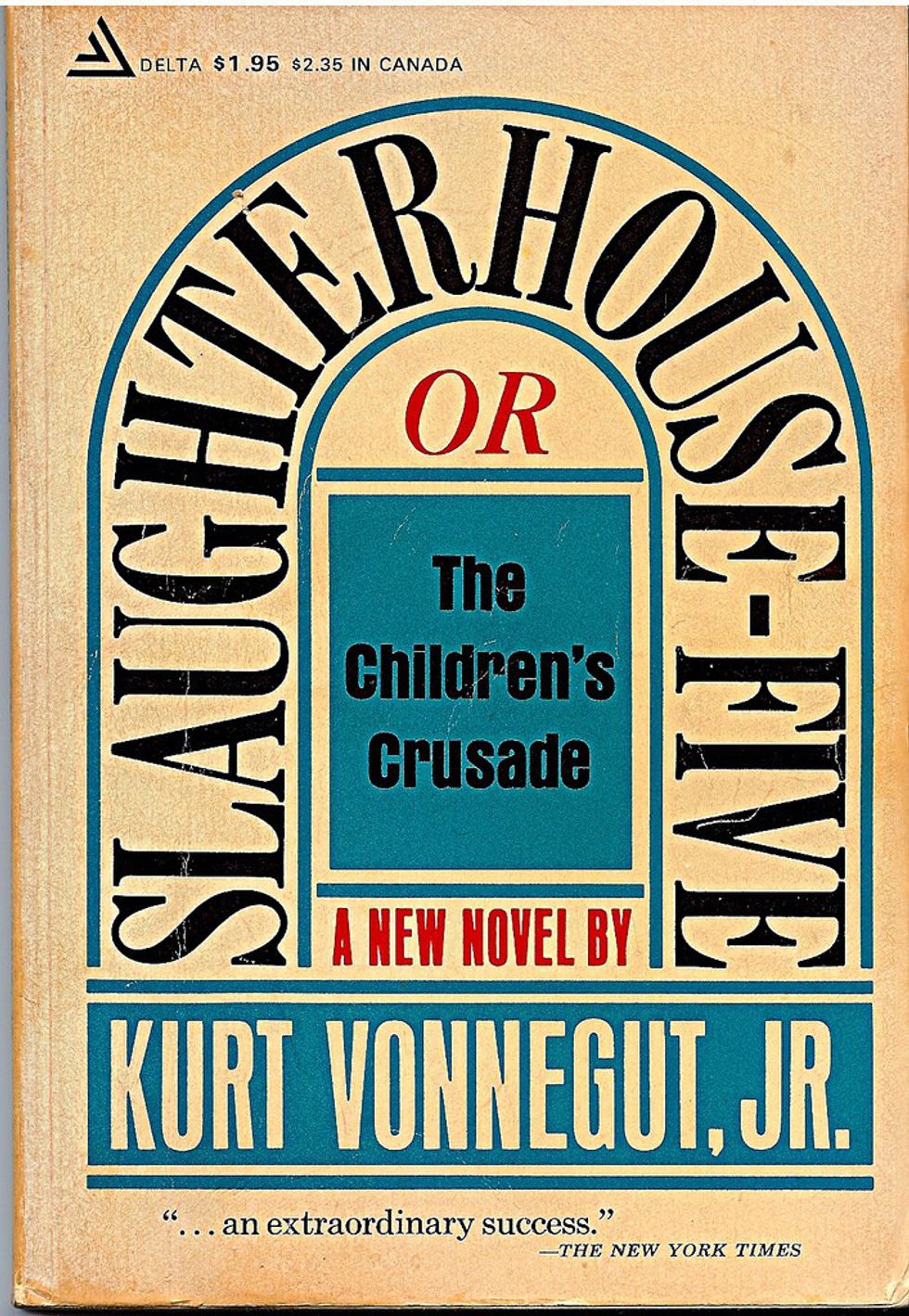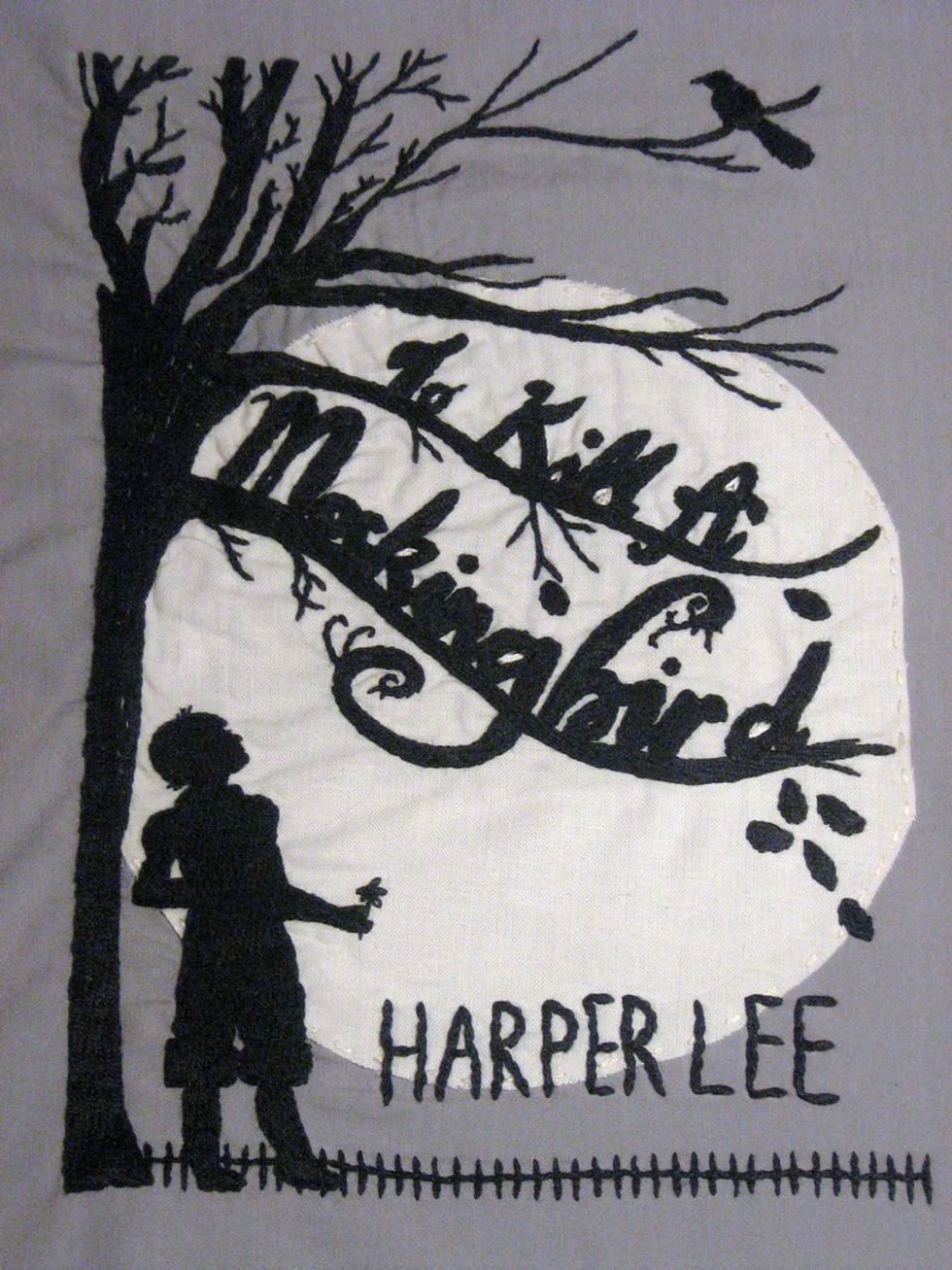I’ve been known to tell people how much I disliked English class in middle school and high school, and I’d be lying if I told you I had taken a college-level English course. That being said, I do have a deep appreciation for classic literature. As unprecedented events unfold before us in the political realm, I’ve noticed a resurgence in the relevance of books I’ve read over the years. Here are 10 pieces of literature that are ever-so relevant today:
1. 1984, George Orwell
Orwell’s 1949 novel predicted a dystopian version of the world in the year 1984. Riddled with government censorship and counter-intuitive “truths,” this classic addresses the world of intelligence and information as a means of maintaining power. (This is where the term “Big Brother” comes from; Orwell’s fictional government propaganda tells citizens “Big Brother is watching” as another means of maintaining order in society.) If you’ve been paying any attention to the news recently, you probably have heard a multitude of scandals around wiretapping and potentially illegal surveillance of a number of political figures. So there’s that aspect, not to mention alternative facts. As the antagonist in "1984" tells us, 2 + 2 =5, and that is the truth.
2. The Picture of Dorian Gray, Oscar Wilde
Wilde’s protagonist, Dorian Gray, is handsome and polite and seemingly perfect, the epitome of good. And yet, as the story unfolds, it is revealed that Dorian prizes his appearance over nearly anything else. He is so fixated on maintaining his illusory appearance that he comes to internally epitomize pure evil, while simultaneously being perceived as the perfect person. In this day and age, it seems everyone in society is fighting for their appearances, no matter what it requires we do when no one is looking. Whether it’s school systems attempting to maintain a positive reputation as the students learn less and less by the day, or politicians struggling to remain favored by the public, or activists merely photographing their “activism” without truly fighting for a cause, it seems we are looking better in the mirror than we look introspectively.
3. Brave New World, Aldous Huxley
Huxley’s "Brave New World" revolves around the fictional World State. It is a place in which every person is a specially formulated test-tube baby (literally, people are mixed in test tubes and genetically modified into a social caste with carefully chosen characteristics). One of the main themes in this novel is that of identity; what is identity, how do we identify ourselves, what makes us unique from the person beside us? As we as real-world people fight against socially constructed constraints, we must take into account that we are individuals not chemically mixed in batches. The way our passions, actions, and intentions manifest themselves may differ from one person to the next, but in the end we are all a product of the same world. We must embrace our differences, as well as our oneness, and use all of that as fuel to break free of our chains.
4. Animal Farm, George Orwell
Quite simply, "Animal Farm" is an allegory using farm animals to represent tyrannical politics. In particular, Orwell warns against the Russians, who were communist at the time. At the same time, he represents Western leaders as equally bad. Though the novella is a satire of world politics in the early 1900s, it seems we are still caught up in a world of misguided and power-hungry Western (*ahem, American*) and Russian politicians.
5. Ethan Frome, Edith Wharton
This is one of my favorite works. Driven more by character development and symbolism than by plot, Wharton has spun a riveting tale questioning our inner humanity and morals. A major theme throughout this novella is morality and ethics. Protagonist Ethan Frome lands himself in a love triangle in which he must choose between his wife whom he has never loved and a new woman whom he loves deeply. His dilemma revolves around whether to stay authentic to himself (choosing the woman he loves) or to avoid hurting his wife (by staying with her). His dilemma leads to extraordinary manipulation by all characters. As we find ourselves in a new wave of social justice fights today, many of us face similar situations: do we stay authentic or do we minimize damage to others and ourselves? Part of what makes this so tricky is the varying levels of hurt; where is the line between discomfort and hurt, and when is the hurt at the point we should avoid it?
6. Fahrenheit 451, Ray Bradbury
This novel is set in a world where books of any sort are banned, TV reigns supreme, government has near complete control over its citizens, and the Fire Department starts fires rather than fighting them. Bradbury has stated that this novel is in fact not about government censorship. He intended the book to warn against the rise of television. I’d say both things are pertinent today. It seems many no longer read much for themselves. Rather they rely on sources such as Twitter and Fox News reporters for their information. Let’s bring back reading, primary sources, and keep public departments from starting fires and instead put them out.
7. The Jungle, Upton Sinclair
"The Jungle" is known as a historic piece regarding the Chicago meat-packing industry in the late 1800s. It revealed the horrifying working conditions of the industry and lead to federal inspections of the factories. What it seems people tend to forget is the narrative of the fictional protagonist, Jurgis, a Lithuanian immigrant, and his family. A crucial reason the meat-packing industry became what it was revolves around the exploitation and deception of immigrants like Jurgis. Jurgis came to America with high hopes of a better life. He works his ass off, doing everything in his power to make a life for himself and his family. But the system is rigged against him from the start. Between the language barrier, the cultural differences, and the deceitful people in power amongst other things, Jurgis is set to fail from the get-go. We may not have the same awful meat-packing industry working conditions as we once did, but our system has changed very little with regard to immigration. As a country built quite literally from the blood, sweat, and tears of immigrants and enslaved peoples, one would think we’d have reformed ourselves to help immigrants weave themselves into society here. Unfortunately, we haven’t.
8. The Prince and the Pauper, Mark Twain
We’ve all seen, heard, or read some version of Twain’s classic. Two people on the opposite ends of the world switch places and learn to appreciate both what they have and what the other experiences. The original version of this tale between two boys on either end of the socio-economic spectrum, is becoming increasingly relevant again. As the wealth gap continues to push the poor and the wealthy further from each other, it could do some good to gain some perspective, especially those at the top looking down.
9. Slaughterhouse-Five, Kurt Vonnegut
I have a tendency to roll my eyes when I hear the name Kurt Vonnegut. “Oh yeah, he’s the guy who’s basically Freud and can’t stop talking about dicks, right?” Despite his apparent obsession with genitalia, Vonnegut is a mastermind. "Slaughterhouse-Five" tells the story of Billy Pilgrim, a prisoner of war in World War II, and his mental escape to Tralfamadore, an alien world lightyears away. The take-home message is clear: warfare and armed conflict are by no means glorious or good in any way. The novel illustrates the destruction of soldiers and citizens, communities, and the very basis of one’s inner humanity as a result of conflict. As you sit reading this, just remember that in Syria, Somalia, Afghanistan, Ukraine, and elsewhere around the world, Slaughterhouse-Five is a continued reality. And unfortunately, not everyone can escape to Tralfamadore. But, as Billy Pilgrim would say, “So it goes.”
10. To Kill a Mockingbird, Harper Lee
Nearly an autobiography, "To Kill a Mockingbird" is historical fiction about a Jim Crow era trial against a black man. At first glance, it is an incredible story about fighting racism and standing up for what’s right. A deeper, more critical look may leave the reader wondering why black people in the novel are painted as only simple, innocent, harmless, and helpless. The novel is a great starting point, especially with the Black Lives Matter movement happening now. Hopefully, though, it will lead to further discussion of why white people speak over the voices of people of color, and how people of color fighting for themselves is often portrayed as being violent and unruly.




